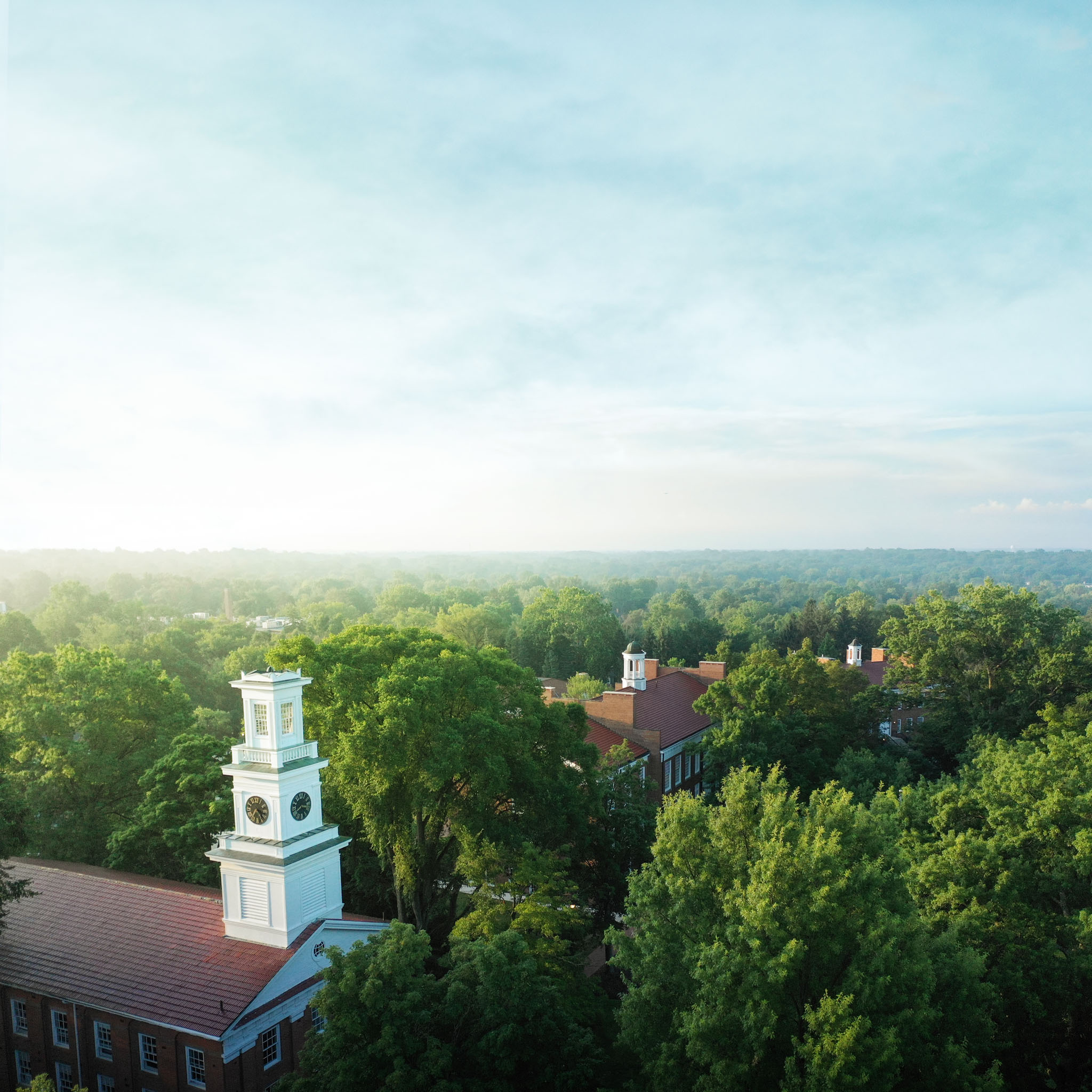In an impressive display of academic prowess, students from Western Reserve Academy’s Honors and CL Cancer Immunology classes distinguished themselves as the only high school presenters at the Annual Conference of the American Association of Immunologists in Chicago earlier this month. This prestigious event, typically dominated by university scholars and professional researchers, provided a unique platform for these young groundbreakers to showcase their work.
The students, equipped with months (and even years) of data, presented their findings alongside experts in the field. Participation in this conference is a testament to the dynamic nature of the WRA Cancer Immunology program, the commitment of Susan & John ’63 Steen Chair for Science and Mathematics Dr. Robert Aguilar to his students, the program and the research itself, and the culture of Reserve, where students are empowered to research and contribute to critical scientific dialogue. This might be the first time presenting for some of our students, but it certainly won’t be the last.
Western Reserve Academy surely set a new standard for high school research (also catching the eye of the conference chair, a dean at the University of Pittsburgh Medical School, who was amazed at the level of sophistication and depth of high school research). These students serve to inspire their peers in the Cancer Immunology program to continue to pursue their ambitious scientific endeavors. What a promising indicator of the future of cancer immunology research!
Below is a high-level sampling of some of our student research.
Ethan Jing ’25, Isabella Haslinger-Johnson ’25 and Sehar Mahesh ’25 are studying the efficacy of a protein-based vaccine to treat prostate cancer, and were visited by Dr. Swinburne Augustine, former member of the EPA, chair member of the conference board and prostate cancer survivor.
Riya Hegde ’25 and Claire Hua ’25 are researching the effects of bee venom (by administering different dosages of melittin, the main component of bee venom) on Triple Negative Breast Cancer (TNBC) cells.
Mira Zamarro ’24, Cavin Xue ’24 and Carmen Reed ’24 conducted research into a T-cell lymphoma vaccine, and its efficacy on both mice and bioinformatics.
Will Bartlett ’24 and Carter Fleming ’24 presented their research after examining the genetic makeup of 440 female breast cancer patients and identifying over 3,000 significant single nucleotide polymorphisms (SNPs) and a variety of bacterial interactions and species that could serve as early indicators for breast cancer diagnosis, proving that consideration of both genetic makeup and microbiome are essential when considering treatment.
Phalak Shingra ’25 presented how fenbendazole's cytotoxic (a drug used in veterinary medicine) impacts malignant cell viability and found a significant reduction in cell viability in LnCaP prostate cancer cells and HCC breast cancer cells, while, it showed a decreasing trend in cell viability with increasing concentrations of the stock solution, indicating its potential efficacy as a therapeutic agent for these cell types.
Congratulations to our Pioneers, Dr. Aguilar and this truly distinctive program for representing WRA so proudly as they tackle one of the greatest health challenges of our time on a very esteemed stage. We are so proud of all of you!





















